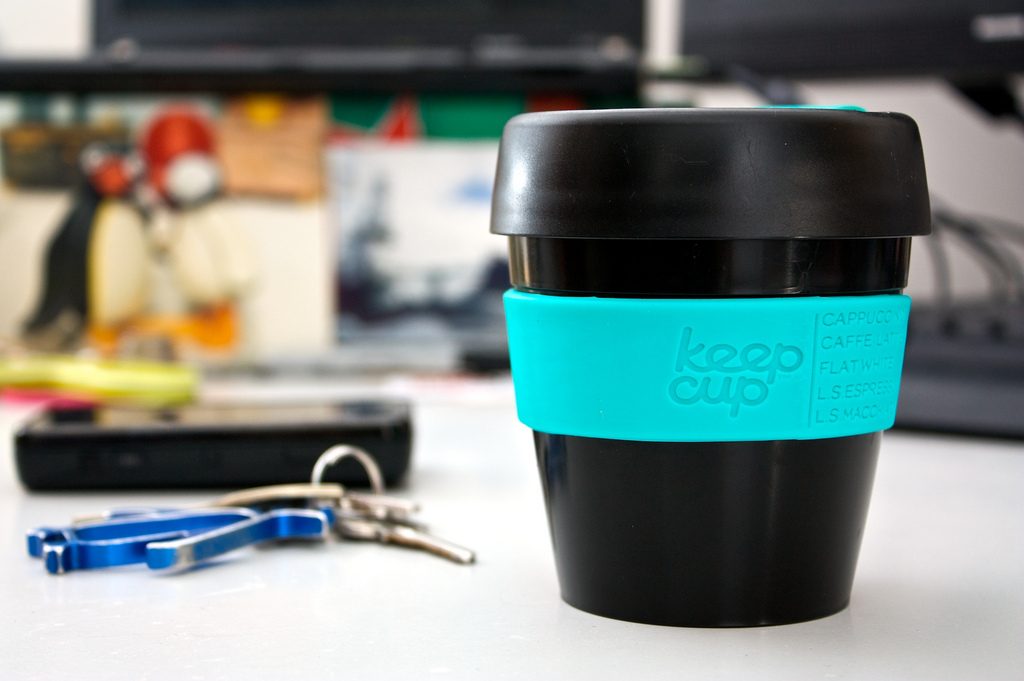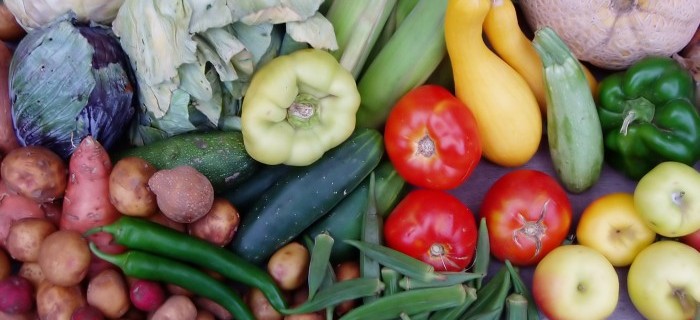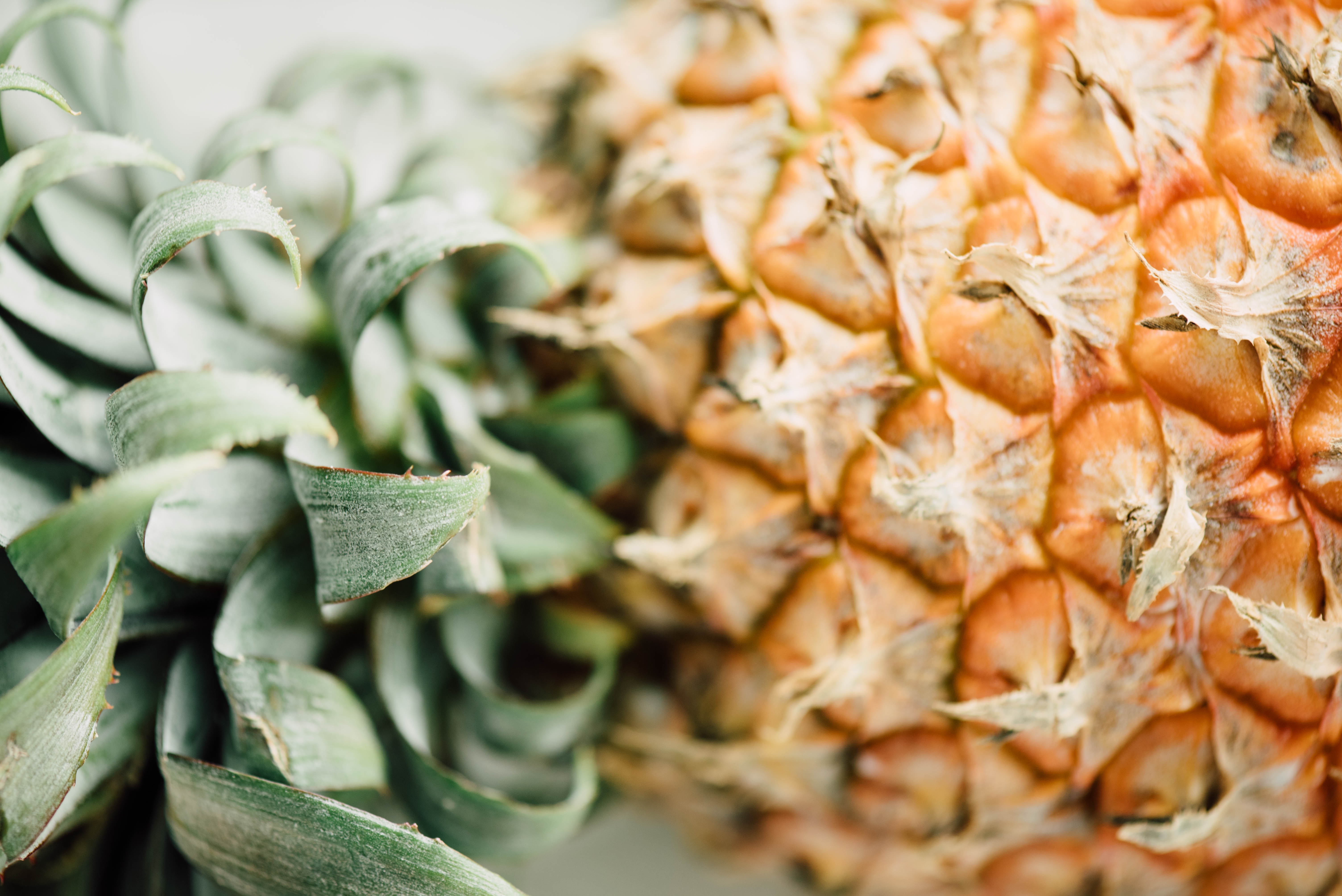Solutions to our plastic problem: Lessons from Germany

January 19th, 2017
Once a staunchly tea-drinking nation, in recent years Ireland has progressively swayed further and further toward it’s more exotic cousin, coffee.
The once-routine vocabulary of Builders Tea, English Breakfast and Earl Grey has been replaced with Flat Whites, Frappucinos, and Cortados.
Coffee culture is now inexorably linked with Irish daily life, but with a cost.
While tea is a decidedly easy beverage to make in the office, our evolution beyond instant coffee toward an appreciation of latte art leaves many of us seeking out the nearest trendy coffee shop for our daily (or hourly…) dose of energy boosting caffeine.
This means that we are using a staggering number of disposable coffee cups across Ireland, with an estimated two million ending up in landfill every day.
So, how can we solve this issue? Last November, Minister for the Environment, Denis Naughton, TD proposed to introduce a 15c latte levy on all takeaway coffee cups.
However, to date, no concrete plans have emerged from the Minister’s Department as to when such a scheme may come into effect, while the Government is also stalling on supporting the Green Party’s Waste Reduction Bill.
While we wait for action at home, we can delve into the policy of other countries to see how they are dealing with their disposable cups.
Over the following weeks, The Green News will examine how other countries are taking action to solve the perennial problem of single-use disposable cups, starting with Germany and the Freiburg Cup.
The Freiburg Cup
In Germany, roughly 300,000 cups of coffee are consumed by coffee-lovers every hour. This number is equal to more than 2.8 billion disposable cups every year.
In November 2016, the city of Freiburg started its own reusable cup deposit-return scheme to fend off the culture of disposable cups.
The Freiburg Cup is a reusable ready-to-go cup that customers must pay a €1 deposit to use, which they get back once they return the cup to any of the 100 businesses taking part in the scheme.
Once returned, the cup is washed by the store and can be reused for up to 400 times. The success of the initiative has sparked interests from other German cities.
A similar operation was set up in Hamburg in 2016 called the Refill It! Cup. And it is not the only action Germany’s second largest city has taken to tackle waste.

Keep Cup Photo: penguincakes
Hamburg’s ‘Green Procurement Guidelines’
In January 2016, the city released its 150-page Green Procurement Guidelines (GPP) setting out ecological standards for the purchasing of goods and services by public authorities, ranging from printer paper and light bulbs to paint and company cars.
Moreover, the GPP also bans public institutions such as offices, schools, and universities from buying certain “polluting products or product components” including coffee pods, bottled water, and plastic utensils. There are an estimated three billion coffee pods generated in Germany every year.
Pods containing coffee grounds are not currently recognised as packaging by the EU. According to Nescafe, pods are generally not accepted by national schemes for recovery and recycling, except in Germany.
[x_author title=”About the Author”]







